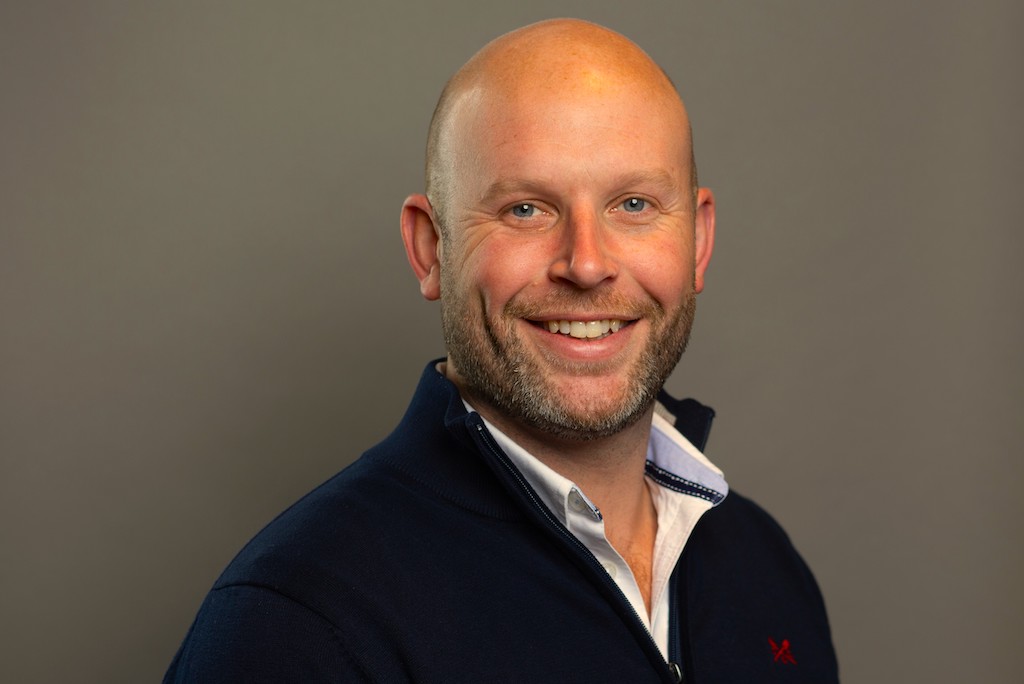The Human Network, parent company to brand experience agencies Identity and Smyle, recently acquired Beyond Business Travel, marking its expansion into the corporate travel sector. Ireland-based Beyond Business Travel will now lead The Human Network’s newly launched travel division, Human Network Travel.
Michael Gietzen, CEO of The Human Network believes the move will disrupt the travel industry, so we caught up with him to find out more…
Before we delve into your most recent acquisition, can you share why you set up The Human Network and acquired Smyle?
The decision stemmed from the success of Identity, which had grown significantly both in the UK and internationally as an independently owned agency. We realised that scaling Identity further might dilute the unique qualities that made us successful and that we could end up losing our identity.
To maintain our ethos while pursuing growth, we established The Human Network, allowing us to focus on market penetration through acquisitions and organic growth. Smyle, a group of agencies, was a strategic fit, aligning with our values and providing a strong platform for creating a “WPP of the experience world”—boutique agencies at scale with shared resources, international reach, and cross-pollination of talent.
Why move into the travel sector?
Travel has always been on our radar due to its synergy with events. A lot of our event projects have travel and accommodation as the lion’s share of the budget, so expanding into travel allows us to provide a seamless, one-stop shop for our clients. We also now have a significant business travel footprint as a group, so it’s a logical expansion not just for our customers, but also to consolidate our internal travel needs. Beyond that, we saw a gap in the market for a player that can integrate creative solutions and event expertise into the travel sector.
What made Beyond Business Travel the right target?
Beyond Business Travel stood out due to their top 50 TMC status, strong presence in Northern Ireland and Ireland, and their readiness for growth. Their established platform allows us to expand into Europe, the Middle East, and the US. Their management team shares our growth mindset, and the acquisition provides them the investment to accelerate their expansion while aligning with our sustainability and innovation values.
You’ve mentioned disrupting the travel market. How do you plan to do that?
We’re flipping the traditional model on its head. We’ve seen some TMCs acquire smaller event agencies to bring in event capabilities. But our expertise in delivering large-scale, creative events allows us to bring a new level of strategy, experience, creativity and innovation to the travel sector.
We’re looking at how we can integrate advanced event technology and our experiential expertise into travel, raising the bar for customer expectations. The Human Network is also known for being innovative within the sustainability space, having worked on the COP events and through our various accreditations, so we want Beyond and The Human Network travel division to be leaders in sustainable travel.
How does the travel division complement Identity and Smyle?
Each brand within The Human Network operates independently, retaining its identity, management team, and growth trajectory. Beyond Business Travel will function as a standalone entity but will collaborate across the group to service our shared clients. It’s business as usual for them, but with added investment and resources to expand their geographical footprint and services.
What’s next for The Human Network?
Our growth strategy involves exploring opportunities that align with innovation and technology, particularly in international markets like the US and Middle East. We’re also keen on investing in tech and AI to enhance our services. Organic growth in the UK remains a priority, but acquisitions will focus on expanding our global footprint.
What trends do you foresee shaping 2025?
Clients are increasingly adopting global models for their event and travel needs, driving demand for partners like us with an international footprint. Immersive experiences, augmented reality, and superior virtual reality technology are becoming central to event strategies. Sustainability remains critical, but it’s no longer just about carbon neutrality. There’s a growing emphasis on social value—clients now expect agencies to positively impact the communities where events are hosted.
How are you feeling about the year ahead?
Following recent political and economic stability, we’re seeing a surge in client inquiries and briefs. 2025 is shaping up to be our best year yet, with significant wins in the Middle East and a positive market outlook. We’re confident and excited about the opportunities ahead.

